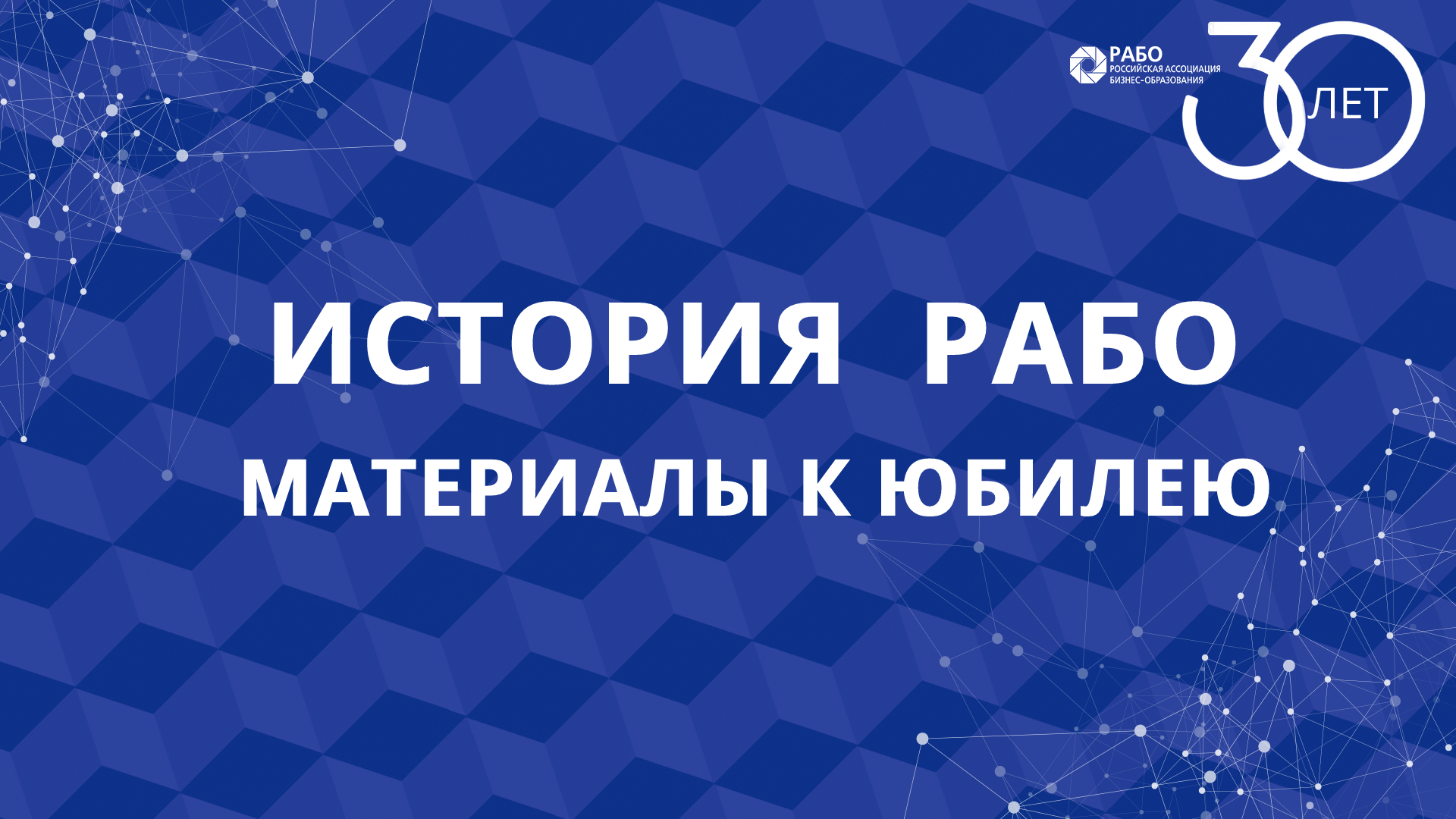Introduction to international relations
С открытой датой
Описание мероприятия
Язык обучения: английскийОписание программы
This is the level 100 course on which subsequent and more specialised courses in the area of international relations are based.
The objectives of this course are to:
- explore the evolution of the discipline of International Relations (IR) over the past century by examining our changing understandings of order in the modern world;
- consider the impact of major historical events on the evolution of IR, including the treaties of 1648, Europe’s imperial expansion, the First World War, and the ongoing influence of globalization;
- introduce students to a range of theoretical tools that will help them to analyse the behaviour of international actors and the nature of international systems;
- define and discuss some main concepts within the discipline, including war, peace, the state, and power; and
- critically assess challenges facing contemporary international society, including security, global governance, and the rise of East Asian actors.
Assessment
This course is assessed by a three-hour unseen written examination.
Учебный план:
This course introduces students to the study of International Relations (IR), focusing especially on the international actors and systems at the heart of the discipline. In doing so it considers several topics of interest. These include: the evolution of IR during the twentieth century; the impact of key historical events on the development of the discipline, including the Peace of Westphalia, European Imperialism, and the First World War; changes to the international system since end of the Cold War; the history of globalization and its influence on the evolution of the discipline’s main theories and concepts; the meaning of anarchy and systems in IR’s understanding of the world; some of the similarities and differences between mainstream approaches to IR – particularly Liberalism, Realism, and Marxism; alternative theories of world politics presented by some of IR’s newer theoretical schools – particularly Constructivism, Post-colonialism, and International Political Economy; the difficulties implicit in defining and limiting war between and within states; the contentious place of peace in international society; the role and responsibilities of the state as one actor amongst many in the international system; our changing understanding of international power; the impact of globalization and the end of the Cold War on actors’ definitions of security; the difficulties of global governance in an anarchic international society; and the likely impact of Asia’s (especially China’s) rise on the units, processes, and structures of the international system.
Результат обучения:
At the end of the course and having completed the essential reading and activities students should be able to:
- Describe the evolution of International Relation as an academic discipline;
- Explain the relevance of key terms in International Relations;
- Identify the strengths and weaknesses of IR’s various theoretical approaches; and
- Analyse contemporary and historical international events from a variety of theoretical viewpoints.




